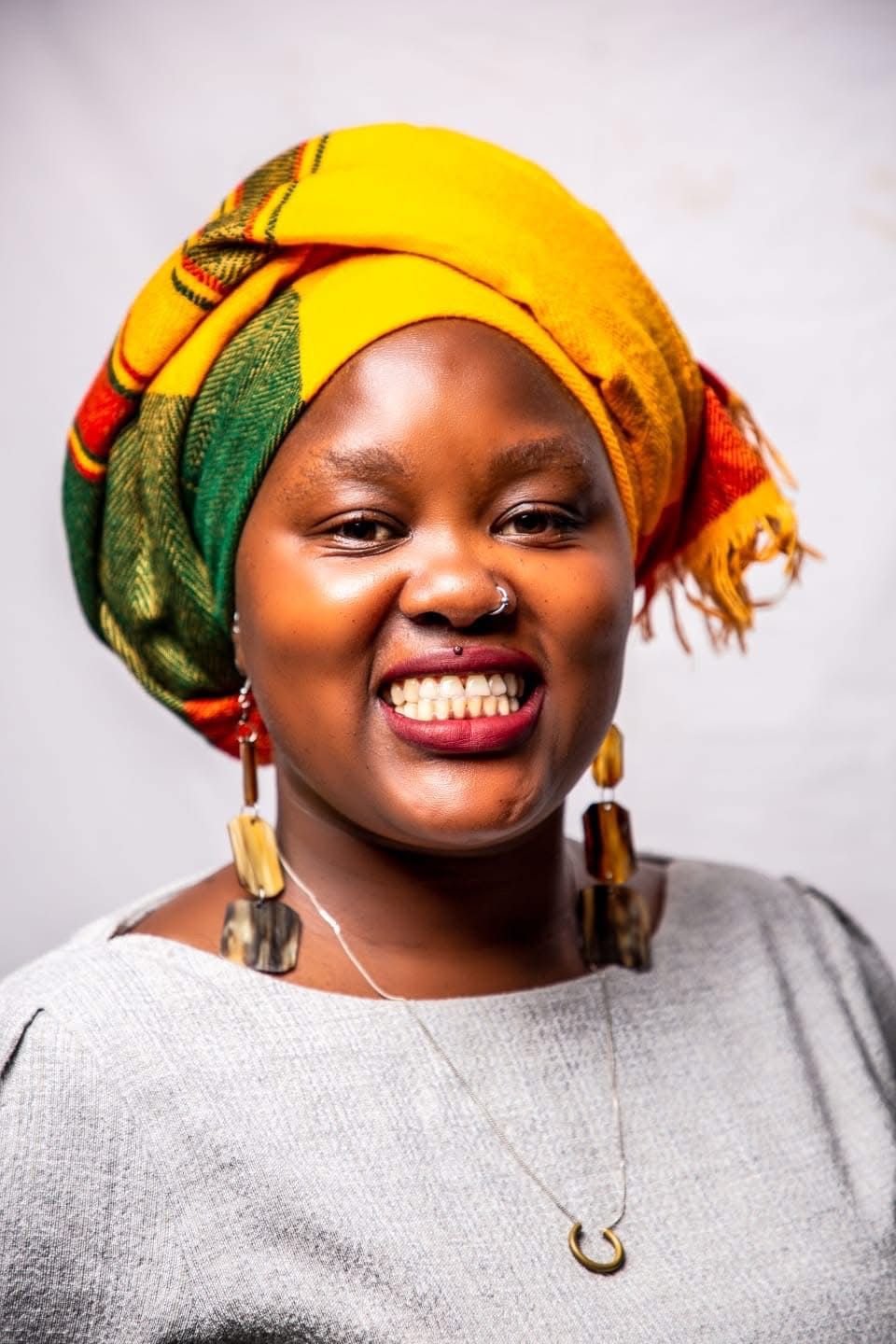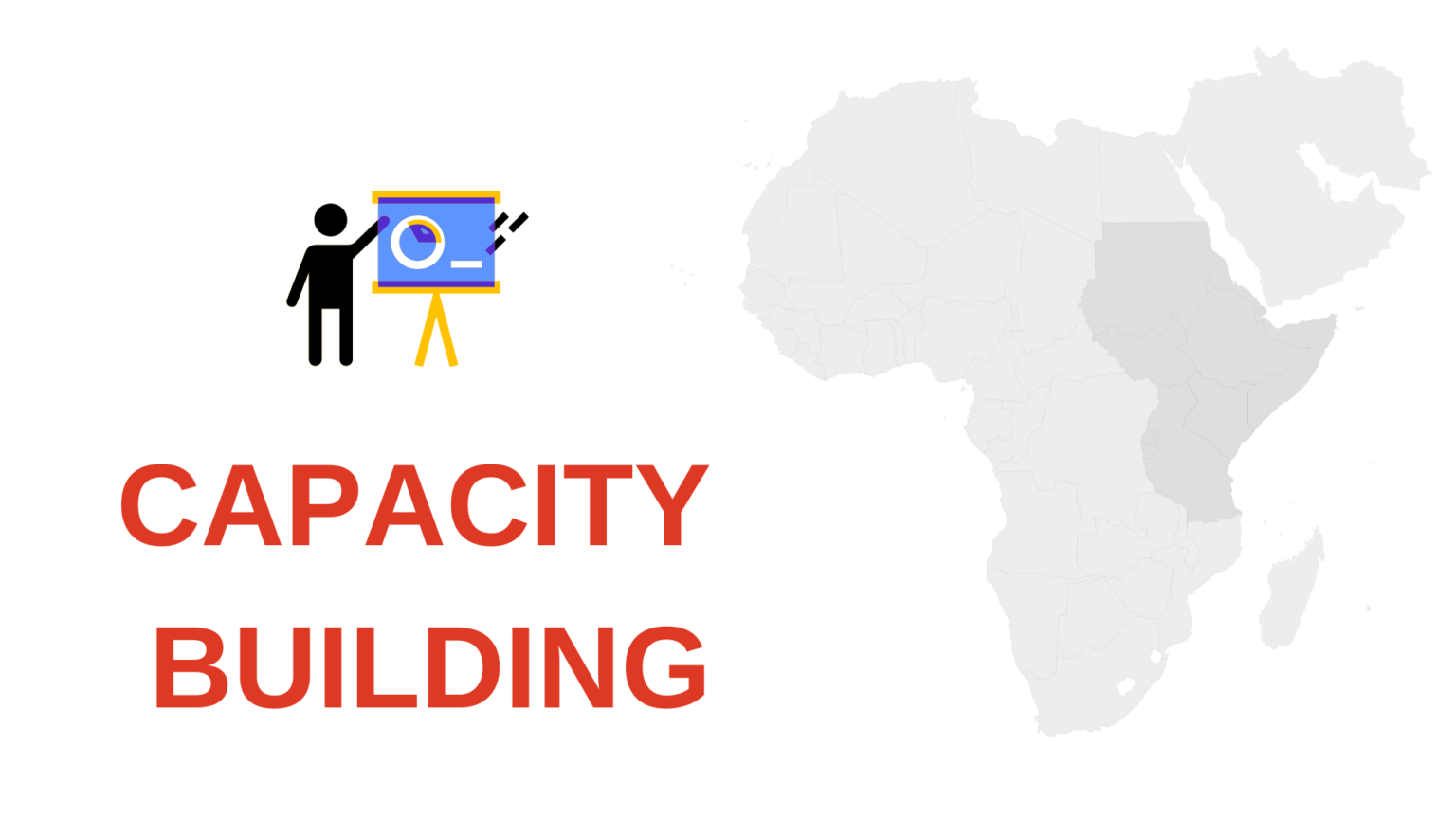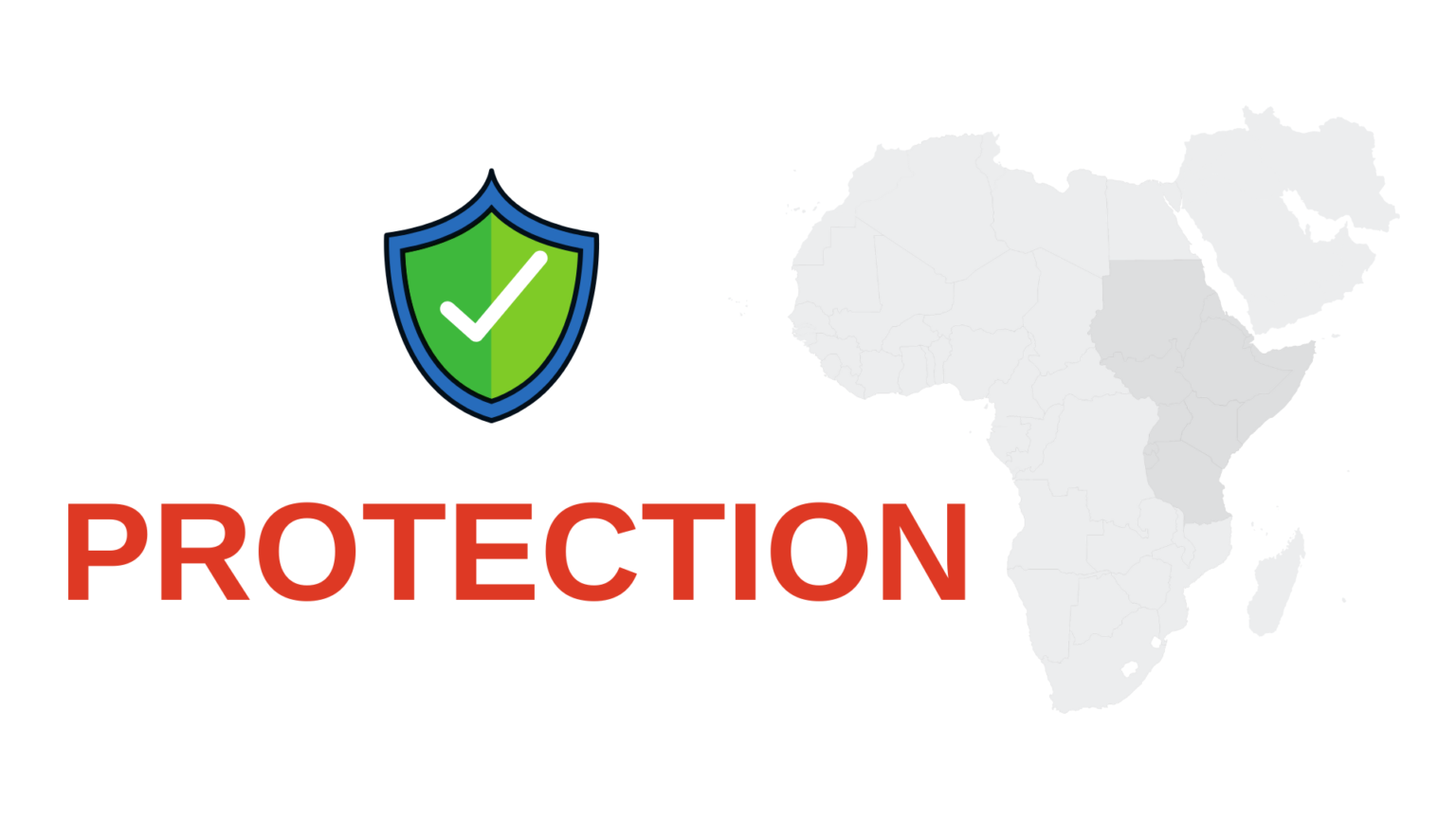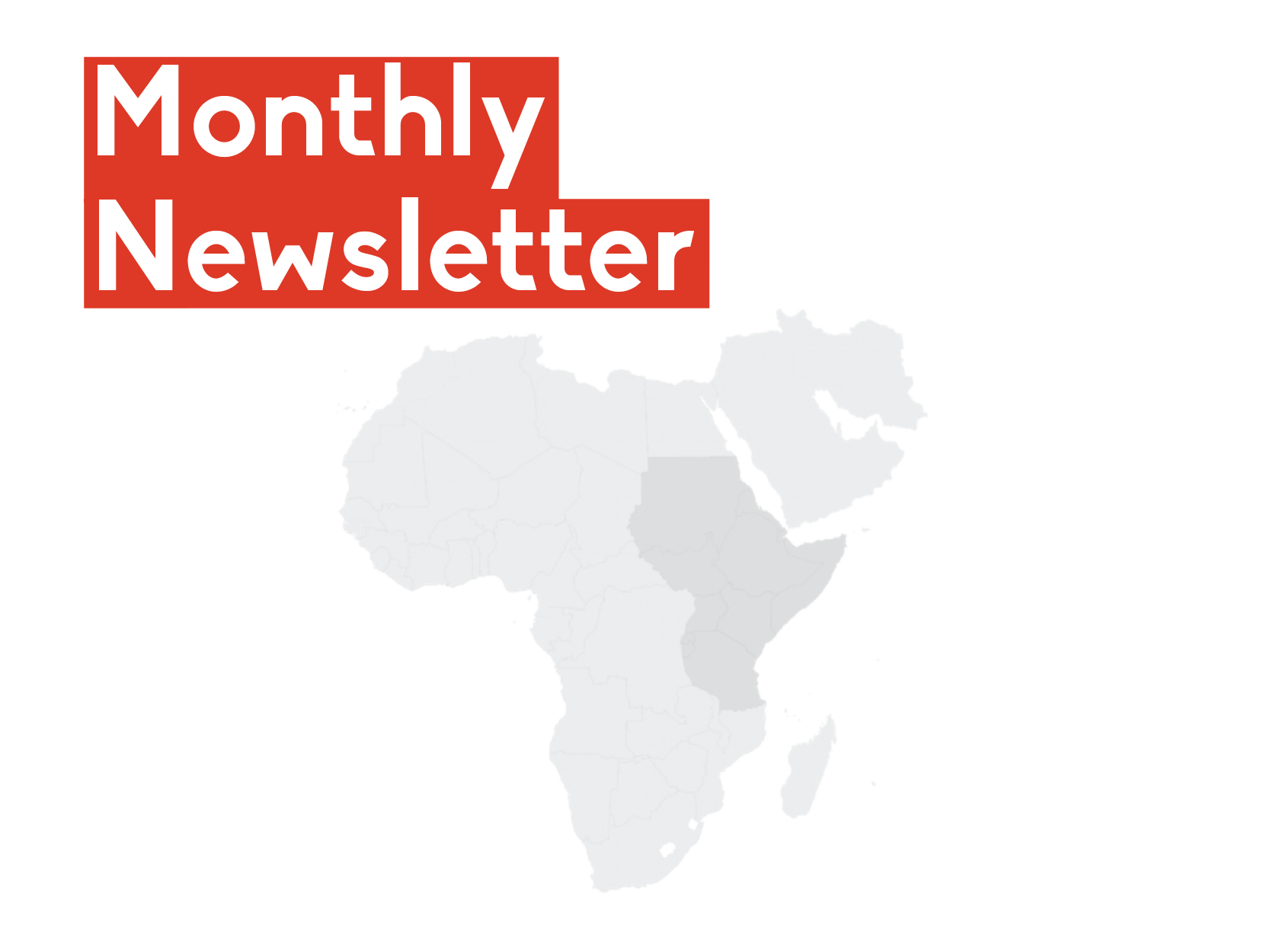Hello Friends,
This November, DefendDefenders (the East and Horn of Africa Human Rights Defenders Project), in collaboration with the Burundian Human Rights Defenders Coalition (CBDDH), organised the 14th edition of its annual workshop, “Claiming Spaces: Tactical Tools for Human Rights Defenders,” from 4 to 6 November 2024 in Mbarara, Uganda. The event brought together over 70 Burundian Human Rights Defenders (HRDs) to strengthen their skills in regional and international human rights mechanisms. The workshop also focused on monitoring, documenting, and reporting human rights violations, providing HRDs with the tools they need to stay resilient in their vital work.
Reflecting on this workshop, I found myself thinking back to 2014, the year we first hosted this flagship event in Bujumbura at Hotel Panoramic. The shrinking civic space in Burundi no longer allows us to hold the event there a decade later. Yet, Burundian HRDs continue their tireless work, ensuring the pursuit of justice and accountability never wavers.
One important lesson from all of this is that exile is not a choice—it is often a forced circumstance. However, many HRDs use this challenge to overcome barriers, learn, grow, and demonstrate remarkable resilience and adaptability in the face of hardship. To all Burundian HRDs, I share this thought, borrowing from the words of Maya Angelou: ‘I am convinced of this: Good done anywhere is good done everywhere. For a change, start by speaking to people rather than walking by them as though they are stones that don’t matter. As long as you are breathing, it is never too late to do some good.’
The 10 year anniversary of the Burundian Coalition of Human Rights Defenders (CBDDH) is a significant achievement. Officially launched in December 2014, CBDDH has faced increasing challenges in its home country, which led to its relocation to Uganda in 2017. Despite these challenges, the coalition has continued its important work from Uganda. As we celebrate CBDDH’s 10th anniversary, its resilience in the face of adversity is truly inspiring. A special congratulations to the CBDDH on its decade of unwavering dedication and impactful work.
While in Mbarara, we also took the opportunity to reflect on our DefendDefenders achievements during the annual staff retreat. Over the past 11 months, we successfully accomplished 98% of our planned activities, marking a year of impactful work in promoting and protecting HRDs across the region. The retreat provided a chance to reconnect, strategize, and align as we prepare for 2025.
We were honoured to host Marcel Clement Akpovo, East Africa Regional Representative of OHCHR, and Musa Gassama, Director of the Human Rights Division and OHCHR Representative in South Sudan. Their reflections on the growth of the human rights movement in Africa since the 1998 All Africa HRDs Conference were deeply inspiring, emphasising the importance of coalitions, networks, and addressing broader structural issues affecting HRDs. I pledged to recommit to these recommendations and urged all staff to redouble their efforts toward our shared mission as we approach DefendDefenders’ 20th anniversary.
I invite you to turn the pages,
Hassan Shire.
Hassan Shire,
Executive Director, DefendDefenders
Chairperson, AfricanDefenders
Human Rights Defender of the Month: Rachael Mwikali

Born and raised in the Mathare slum, Rachael faced numerous challenges growing up, particularly as a young girl navigating a patriarchal society that often overlooked her rights and well-being. These early experiences of violence and discrimination, including sexual and emotional abuse, shaped her activism and her determination to fight for justice.
“Growing up as a girl, having access to basic needs was a challenge. At one point, I was engaged in a relationship with someone older than me, who took advantage of me in multiple ways. This had a profound effect on my childhood and development. It led me to embrace feminism and activism because I realized that this wasn’t just a personal issue, but a systemic one affecting many girls around me. No one was giving us a platform to speak out or condemning what was happening.” – Rachael Mwikali
Today, she is the leader of Coalition for Grassroots Human Rights Defenders, a social movement for the grassroots activists and human rights defenders in Kenya. She also coordinates a Pan-African Grassroots Women Liberation Movement, which works to unite grassroots African women and empowers them to take up leadership positions. Rachael is at the forefront in empowering women in informal settlements to take up leadership in the society. She works towards changing patriarchal systems and other societal systems that work against women and girls.
Rachael’s inspiration for co-founding the Coalition for Grassroots Human Rights Defenders stemmed from her desire to amplify the voices of women and address the lack of resources for feminist movements at the grassroots level. She recognized the intersectionality of oppression, particularly how women’s rights are often interconnected with broader systemic issues. Rachael also observed that while women human rights defenders were doing significant work, the spotlight and recognition were often overshadowed by their male counterparts. Motivated by this understanding, she focused her efforts on creating a platform where young girls and women could unapologetically assert their rights and challenge the systems that oppressed them, ensuring their contributions received the recognition they deserved.
“The feminist movements in Kenya have been crucial in addressing these issues, particularly in highlighting the intersecting layers of oppression that women face. I advocate for the empowerment of young girls and women, emphasizing the importance of bringing a feminist lens to activism. Our bodies, our leadership, and our movements must be unapologetically ours.”- Rachael Mwikali
Rachael’s personal experiences with violence and injustice have fueled her tireless fight for reproductive rights and a justice system that truly protects women and girls. She is vocal about the lack of access to reproductive health services, the dangers of unsafe abortions, and the impact of such barriers on women’s safety.
“I’ve lost friends to unsafe abortions, and I fight for reproductive rights because every woman and girl should have the right to make decisions about her body. Access to reproductive health services is a fundamental right that must be protected.” – Rachael Mwikali
Rachael has faced significant challenges in her activism, including experiencing police brutality while advocating for justice. In 2024, during a protest, she was beaten and sexually assaulted by law enforcement. This traumatic event became a turning point in her journey, strengthening her resolve to continue fighting for justice. Despite the pain and the brutality, she endured, Rachael saw this as a stark reminder of the government’s willingness to use violence to silence activists, particularly women fighting for their rights.
“The violence used against us, even by the police, shows the lengths to which the government will go to silence those fighting for justice,” she shared, acknowledging how the experience only deepened her commitment to challenging these injustices.
Rachael believes that change is possible when communities come together in solidarity. Her activism reflects a deep commitment to a future where no woman or girl has to live in fear.
“Our movement is about solidarity for all—across communities. We must continue pushing for systemic change, not just for ourselves, but for future generations. Together, we can create a world where no one has to fear for their safety because of their gender.” – Rachael Mwikali
Rachael Mwikali continues to be a leading voice in Kenya’s fight for gender equality, sexual reproductive health and rights, and justice for women and girls. Her activism serves as an inspiration for others to challenge the status quo and work toward a more equitable and just world. Through her unwavering commitment, Rachael is shaping a future where women and girls can live without fear and with the freedom to assert their rights unapologetically.
Updates from DefendDefenders



Country Updates:
SOMALIA/SOMALILAND
On 19 November 2024, Abdirahman Mohamed Abdullahi, also known as “Irro,” emerged victorious in the presidential election in Somaliland, a breakaway region of Somalia. The election, which had been postponed for two years due to funding challenges, saw Abdullahi, the leader of the Waddani Party, win with 63.92% of the vote. He defeated the incumbent President, Muse Bihi Abdi of the Kulmiye Party, who garnered 34.81%.
UGANDA
On 16 November 2024, Ugandan opposition leader Kizza Besigye was reportedly abducted in Nairobi, Kenya, while attending a book launch and forcibly returned to Uganda, where he now faces charges in a military court. The charges, including illegal possession of firearms and seeking foreign military support, have been dismissed by Besigye as politically motivated, with his legal team questioning the legitimacy of trying a civilian in a military tribunal. The incident has drawn international condemnation, with Amnesty International describing it as part of a growing trend of transnational repression and the UN Human Rights Chief, Volker Türk, urging adherence to international human rights standards. This case has amplified global attention on Uganda’s human rights record and its treatment of political dissent.
KENYA
Kenya faced renewed scrutiny following the reported abduction of Ugandan opposition politician Kizza Besigye in November 2024. Allegedly abducted in Kenya and transferred to Uganda, this incident has intensified criticism of Kenya’s handling of foreign dissidents, particularly regarding politically motivated deportations and human rights violations. Despite the severity of the situation, both Ugandan and Kenyan authorities have remained silent, raising concerns about Kenya’s commitment to human rights and its role in suppressing political opposition.
ETHIOPIA
On 14 November 2024, the Authority for Civil Society Organizations (ACSO) suspended the Center for Advancement of Rights and Democracy (CARD), citing alleged political bias and activities contrary to national interests. The use of these vaguely worded restrictions to curtail freedom of association contradicts Ethiopia’s regional and international human rights obligations. CARD refuted the accusations, pointing to procedural irregularities and reaffirming its commitment to impartiality and human rights.
On 21 November 2024, ACSO issued similar suspension notices to Lawyers for Human Rights (LHR) and the Association for Human Rights in Ethiopia (AHRE). Both organizations reject the claims and are pursuing legal remedies to resume their operations.

